To provide the best experiences, we use technologies like cookies to store and/or access device information. Consenting to these technologies will allow us to process data such as browsing behaviour or unique IDs on this site. Not consenting or withdrawing consent, may adversely affect certain features and functions.
The technical storage or access is strictly necessary for the legitimate purpose of enabling the use of a specific service explicitly requested by the subscriber or user, or for the sole purpose of carrying out the transmission of a communication over an electronic communications network.
The technical storage or access is necessary for the legitimate purpose of storing preferences that are not requested by the subscriber or user.
The technical storage or access that is used exclusively for statistical purposes.
The technical storage or access that is used exclusively for anonymous statistical purposes. Without a subpoena, voluntary compliance on the part of your Internet Service Provider, or additional records from a third party, information stored or retrieved for this purpose alone cannot usually be used to identify you.
The technical storage or access is required to create user profiles to send advertising, or to track the user on a website or across several websites for similar marketing purposes.
 The pivot to remote work over the past few years has undoubtedly had its benefits, with many of us finding new ways to be productive and collaborate with our peers. This includes taking advantage of new workplace trends such as ‘workcations’, where people can work from another country, flexible working, and four-day work weeks where possible. Yet, this preference to work flexibly blurs the distinction between life and work, which will ultimately take its toll on the mental health and wellbeing of employees. (more…)
The pivot to remote work over the past few years has undoubtedly had its benefits, with many of us finding new ways to be productive and collaborate with our peers. This includes taking advantage of new workplace trends such as ‘workcations’, where people can work from another country, flexible working, and four-day work weeks where possible. Yet, this preference to work flexibly blurs the distinction between life and work, which will ultimately take its toll on the mental health and wellbeing of employees. (more…)












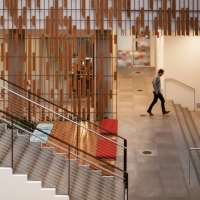


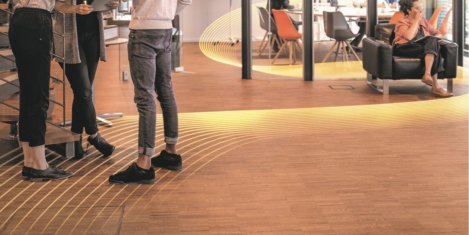
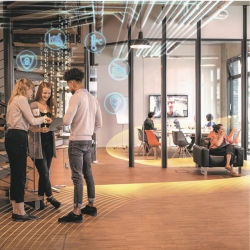


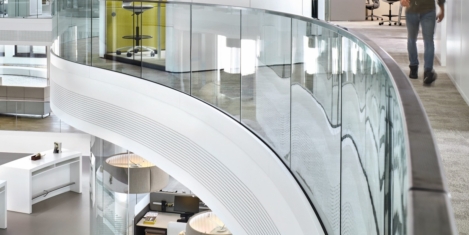
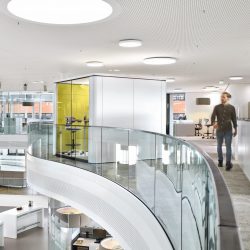 The current debate about how much space we will need in the office from now on is not new. As with many of the debate’s facets, the point at which we find ourselves has long been our destination. We’re just here earlier than we might have expected.
The current debate about how much space we will need in the office from now on is not new. As with many of the debate’s facets, the point at which we find ourselves has long been our destination. We’re just here earlier than we might have expected. 

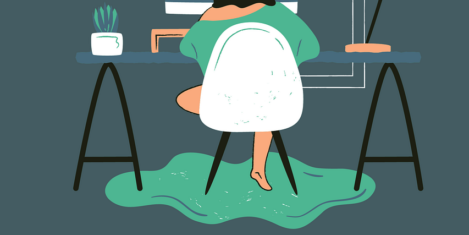
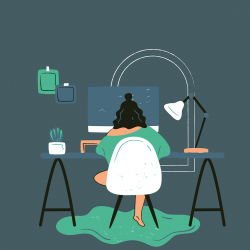









September 7, 2022
Remote work and the things we have learned about it
by Sara Whitman and Isabel Conrad • Comment, Flexible working